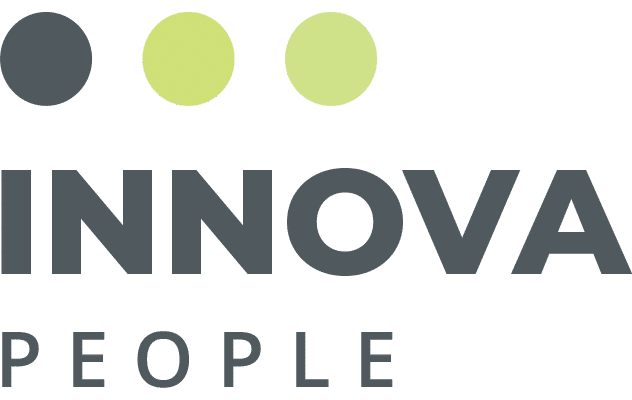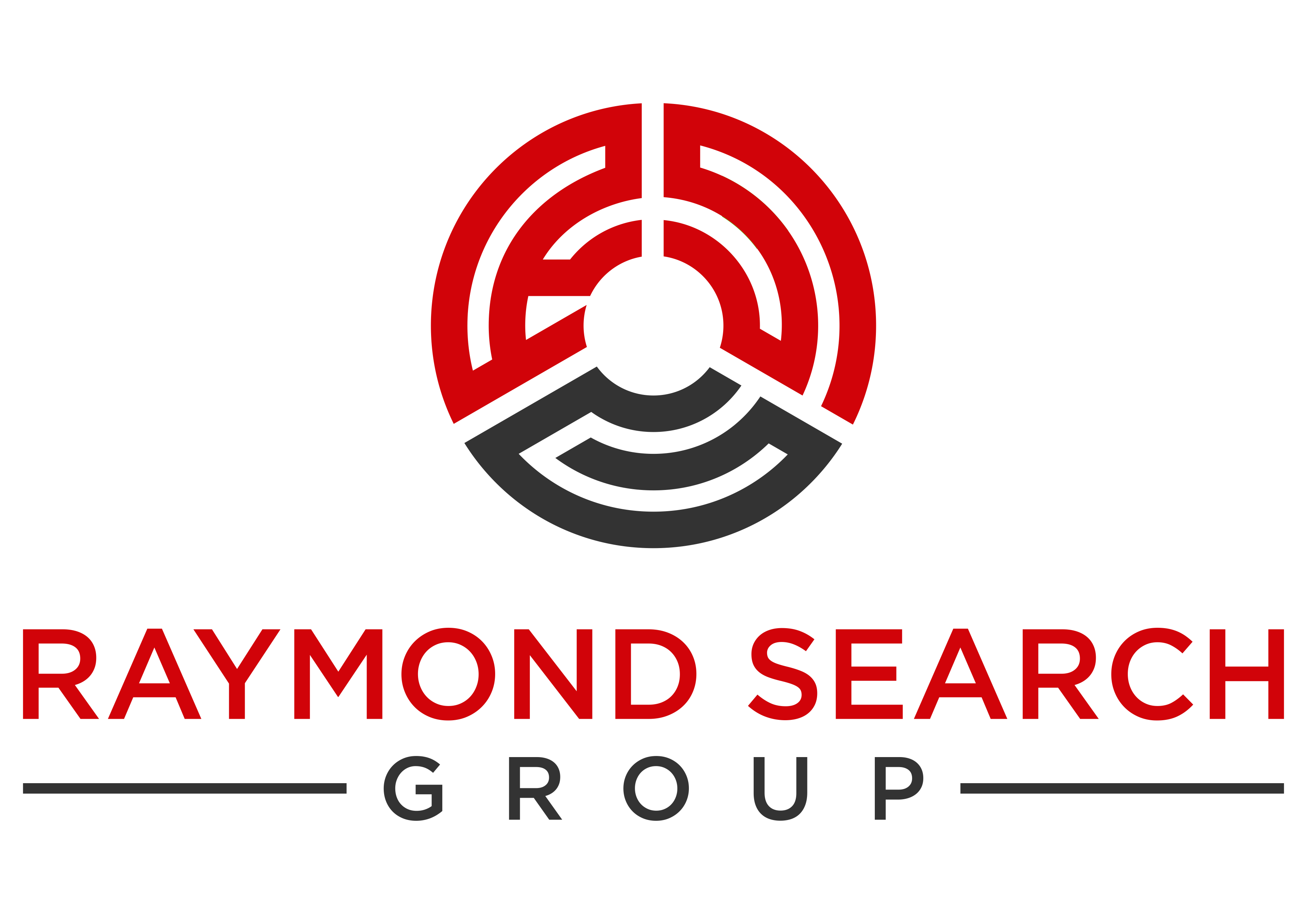
Transitioning to a new executive role is a pivotal moment in your career journey, presenting opportunities for growth, impact, and professional fulfillment. Whether you’re pursuing a new challenge, advancing within your current industry, or exploring a different sector, navigating executive transitions requires careful planning, strategic preparation, and a clear vision for your career path. Let’s explore essential considerations to ensure a smooth and successful transition into your next executive position.
Assessing Your Career Goals and Aspirations
Clarify Your Motivation: Before embarking on a career transition, reflect on your reasons for seeking a new executive role. Identify your career goals, desired challenges, and aspirations for professional growth and leadership impact.
Evaluate Industry Fit: Assess the alignment between your skills, experience, and leadership style with the industry or sector you are targeting. Research market trends, organizational cultures, and industry challenges to determine where your expertise can make the greatest impact.
Seek Alignment with Values: Consider the importance of organizational values, mission alignment, and corporate culture in your career decision. A strong cultural fit enhances job satisfaction, engagement, and long-term success in your executive role.
Strategic Planning for Executive Transitions
Develop a Transition Plan: Outline a comprehensive transition plan that includes timelines, milestones, and action steps for your career move. Define your target roles, industries of interest, and strategies for networking and exploring executive opportunities.
Update Your Executive Brand: Enhance your executive brand through a polished resume, LinkedIn profile, and professional bio that highlight your leadership achievements, industry influence, and strategic accomplishments. Tailor your personal brand to align with your career objectives and target audience.
Networking and Relationship Building: Leverage your professional network, industry contacts, and executive recruiters to uncover hidden opportunities and gain insights into potential roles. Cultivate relationships with key stakeholders who can provide referrals and recommendations.
Executing a Successful Executive Job Search
Engage with Executive Search Firms: Partner with reputable executive search firms like Direct Recruiters to access exclusive executive job openings and opportunities that match your career objectives. Leverage their industry expertise, market insights, and extensive network to advance your job search.
Prepare for Executive Interviews: Prepare thoroughly for executive interviews by researching prospective employers, understanding their organizational goals, and articulating how your leadership skills and vision align with their strategic priorities. Demonstrate your executive presence, communication prowess, and ability to drive results.
Negotiating Executive Offers: Approach executive offer negotiations strategically, considering not only compensation packages but also career advancement opportunities, executive benefits, and alignment with your long-term career goals. Seek guidance from executive recruiters or advisors to navigate negotiations effectively.
Embracing Professional Growth and Development
Continuous Learning and Adaptation: Stay current with industry trends, emerging technologies, and leadership practices through executive education programs, industry conferences, and professional development opportunities. Enhance your skill set and broaden your industry knowledge to remain competitive in the executive job market.
Leadership Transition and Integration: Facilitate a smooth leadership transition by building relationships with key stakeholders, understanding organizational dynamics, and aligning your leadership approach with team objectives and corporate strategies. Foster collaboration, trust, and transparency to drive organizational success.
Personal and Professional Well-being: Prioritize your well-being, work-life balance, and mental resilience during the executive transition process. Maintain a healthy lifestyle, seek support from mentors or executive coaches, and establish routines that promote physical and emotional well-being.
As you navigate the complexities of executive transitions with Direct Recruiters, approach your career move with strategic foresight, proactive planning, and a commitment to personal and professional growth. By clarifying your career goals, enhancing your executive brand, engaging with industry networks, and preparing diligently for executive opportunities, you can achieve a seamless transition into your next leadership role. Embrace the challenges and opportunities of executive transitions with confidence, knowing that each career move contributes to your ongoing success and fulfillment as a visionary leader in your industry.





